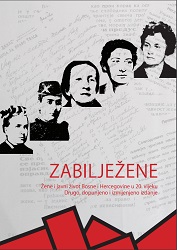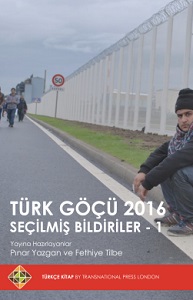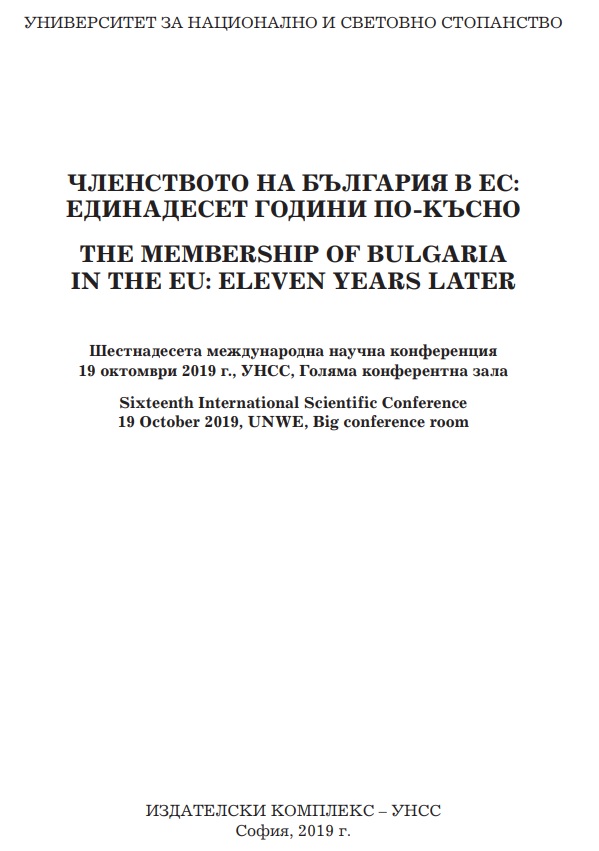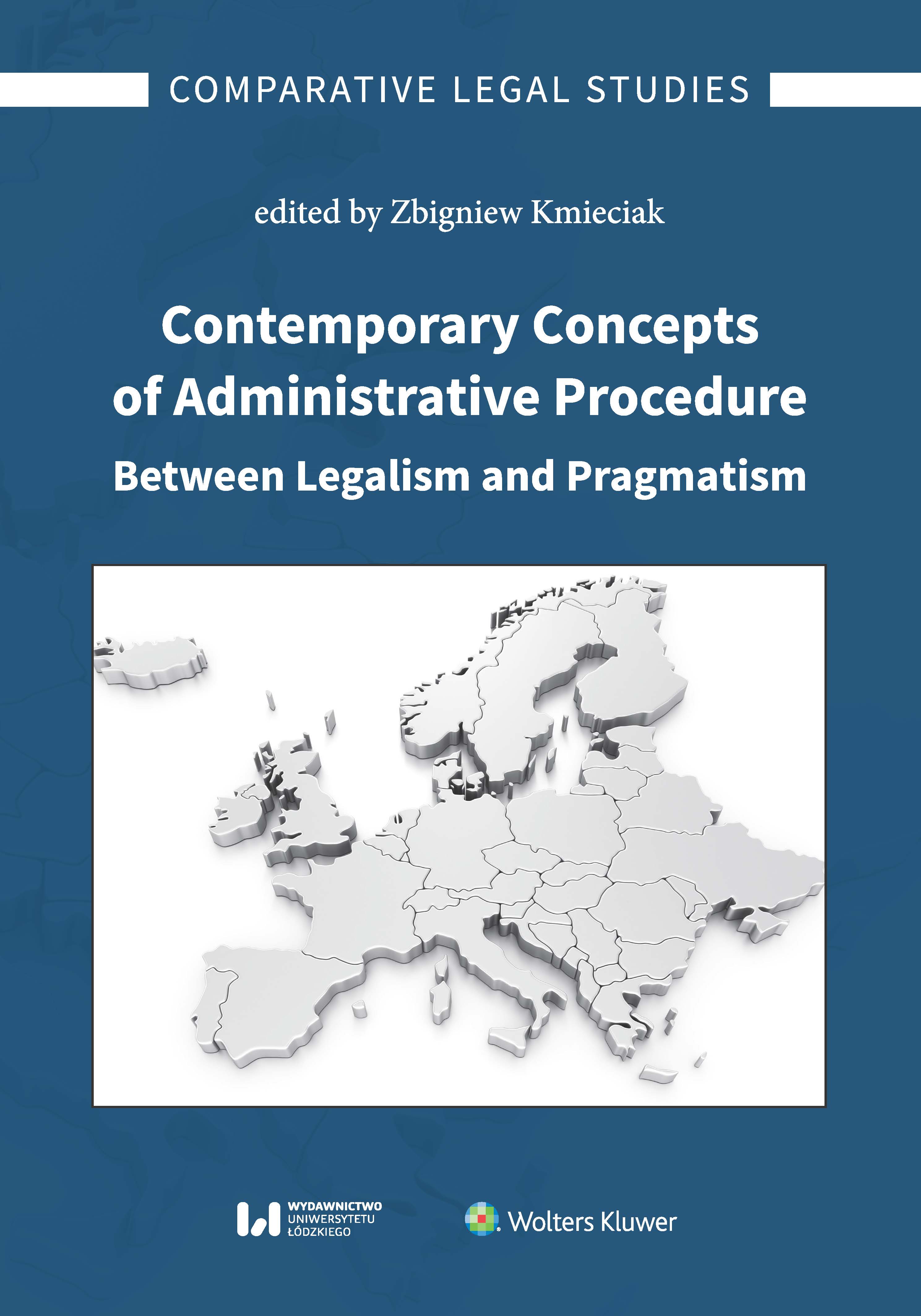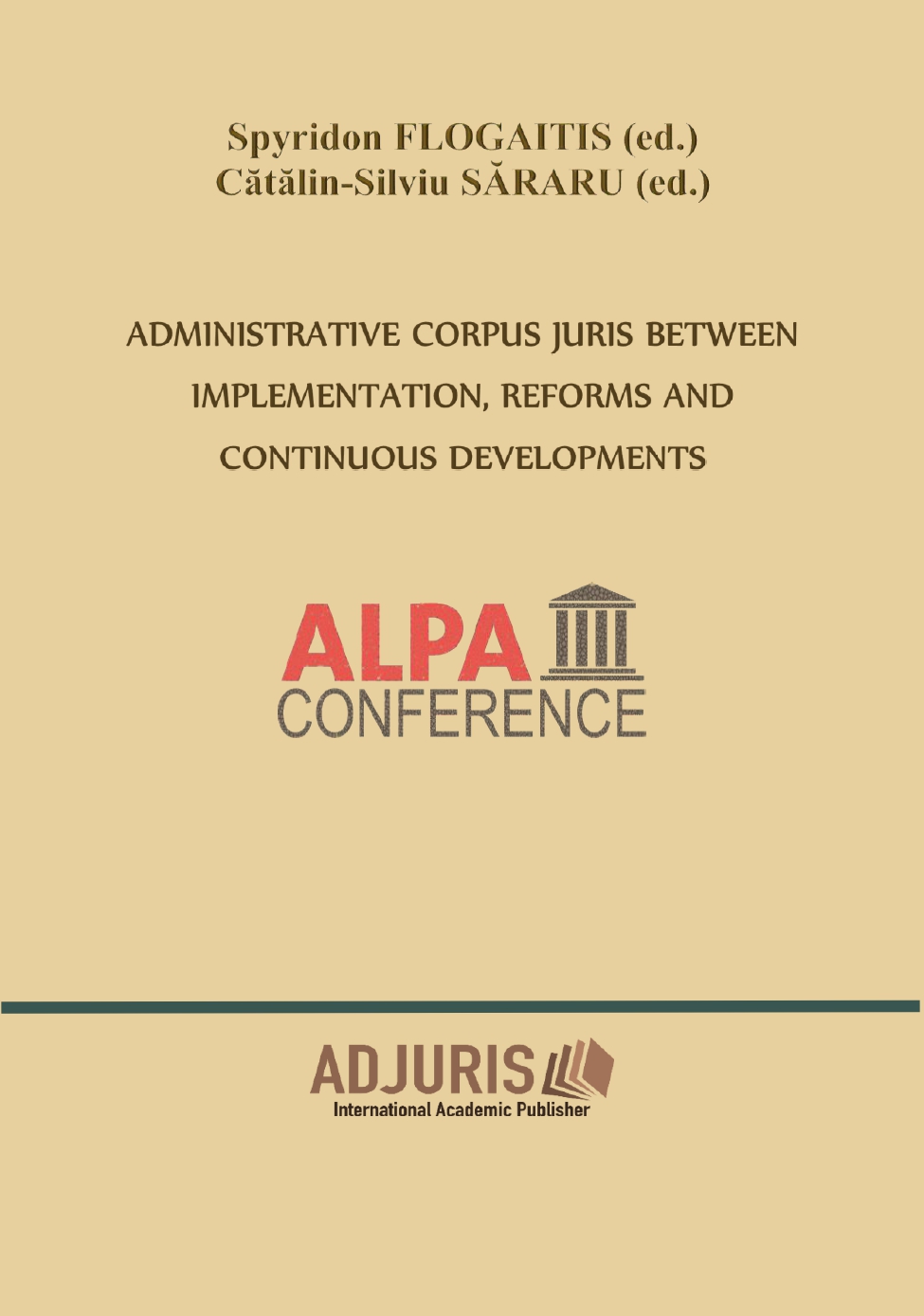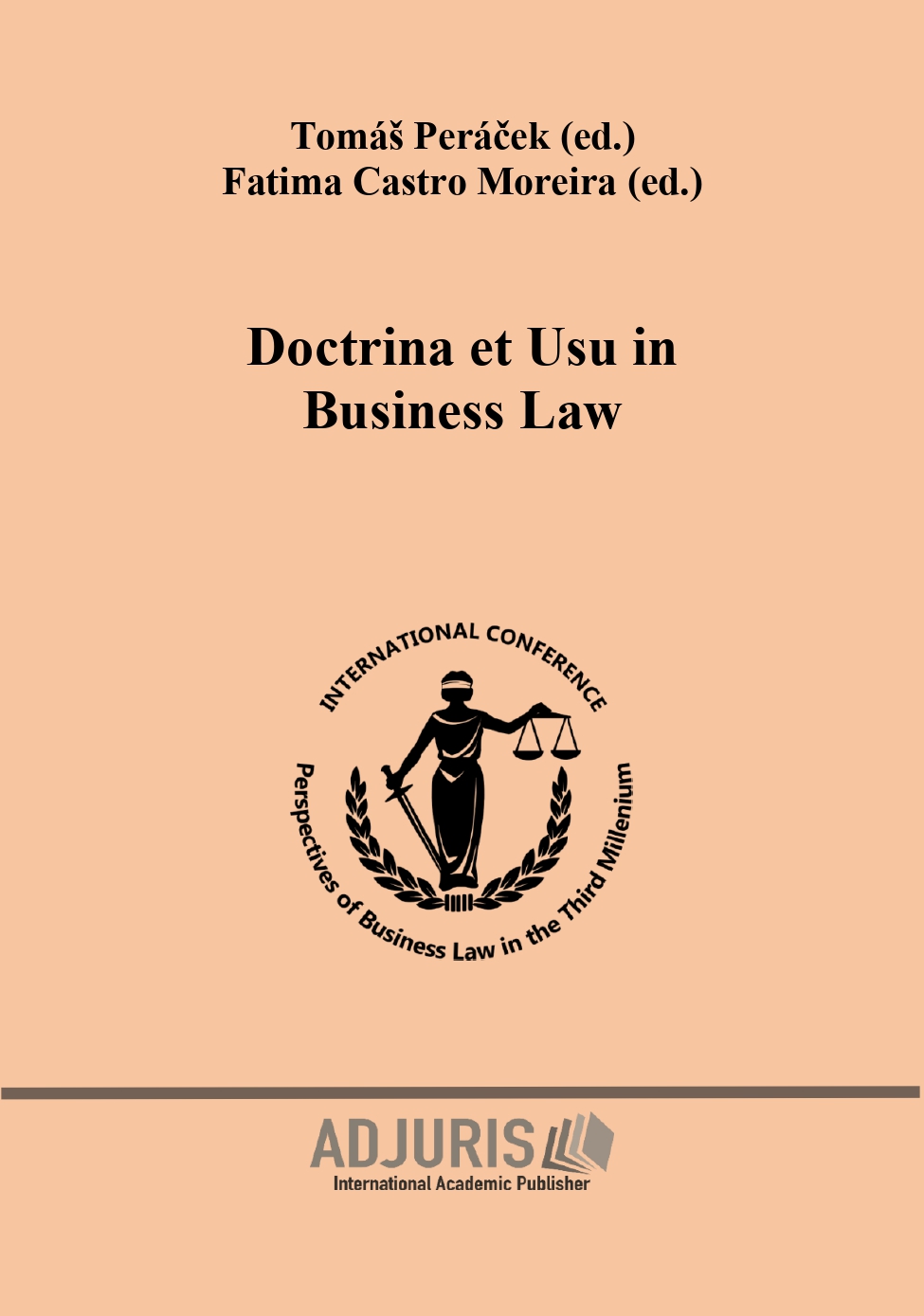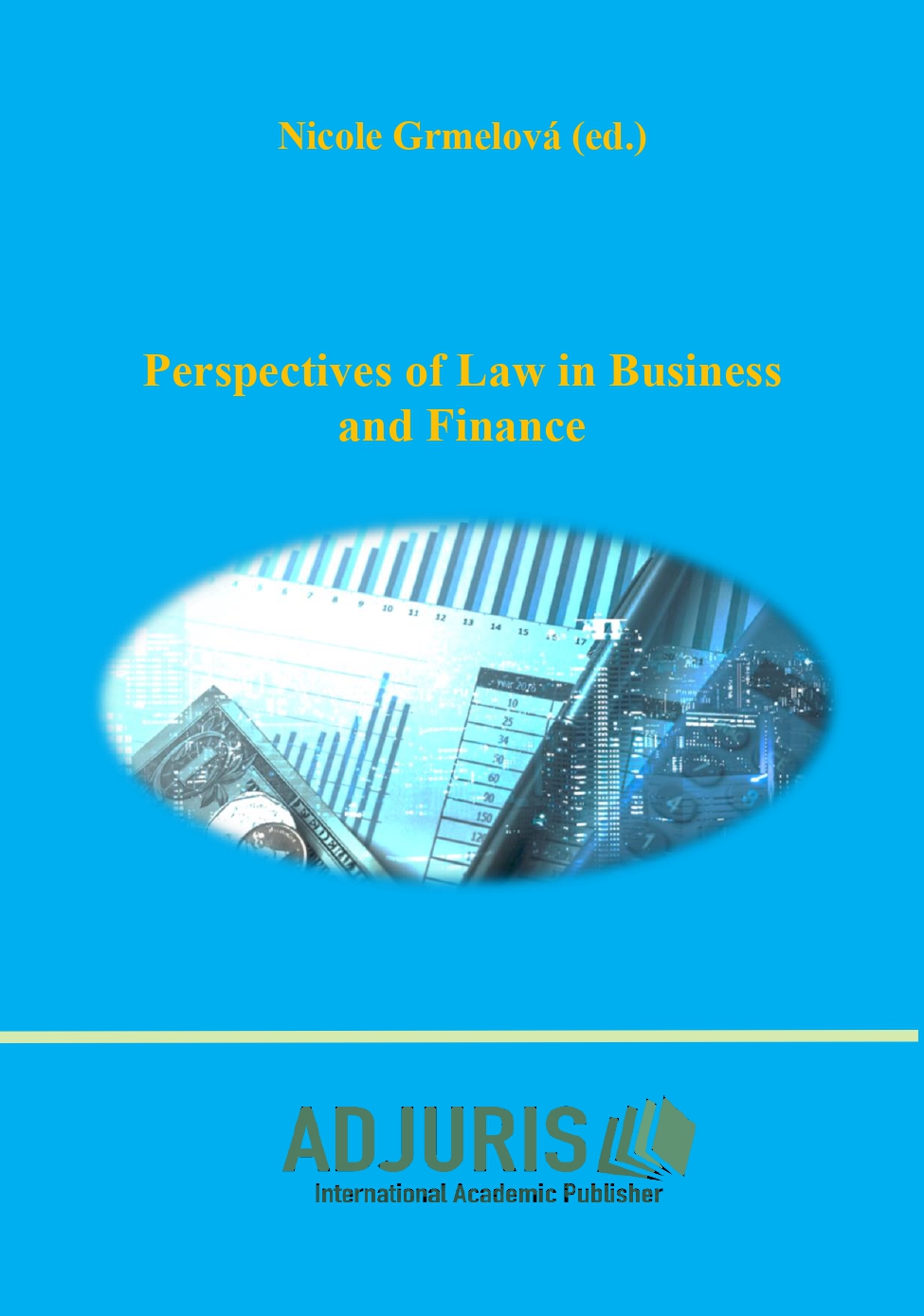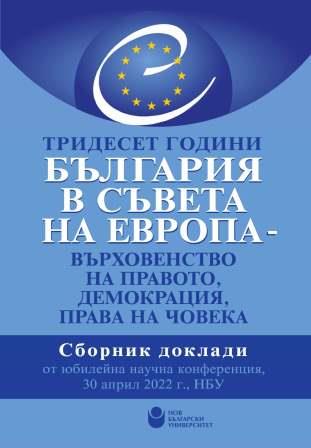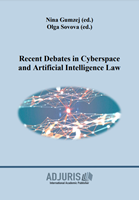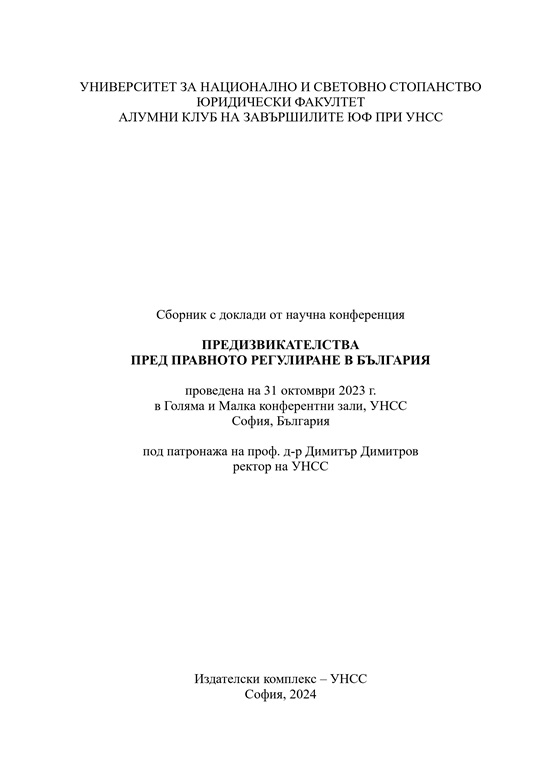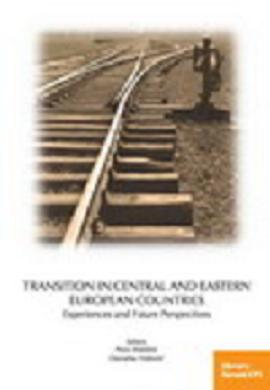
Inclusiveness of Suffrage in Post-Yugoslav Region
Elections are widely justified as devices for consulting the people and thereby deriving their consent to govern (Nakamura and Johnson, 2005). At the start of the nineties of the 20th century in post-socialist states of Central and Eastern Europe, elections became a precious value as a support for the building of democratic political institutions and processes. In this respect, inclusion of the citizenry in electoral and representative processes was vital for the consolidation of democracy in post-transition setting (Birch, 2003: 10). However, holding elections in (post-)conflict societies, for example on a territory of former Yugoslavia, encompassed both dangers and opportunities for democratic and anti-democratic impulses and forces (Nakamura and Johnson, 2005). Namely, institutional choices in a broader context, heavily determined an electoral design in post-socialist settings. Institutional choices were considerably expressed in institutional preferences of leading political actors, i.e. in their interests, goals and values (Kasapović, 1997).
More...
